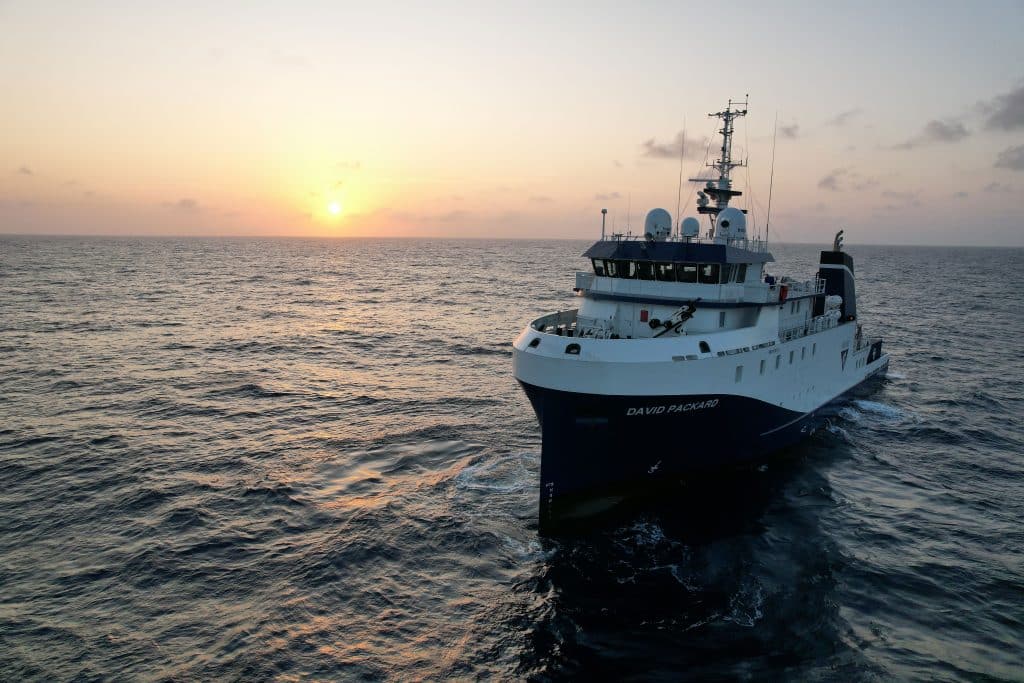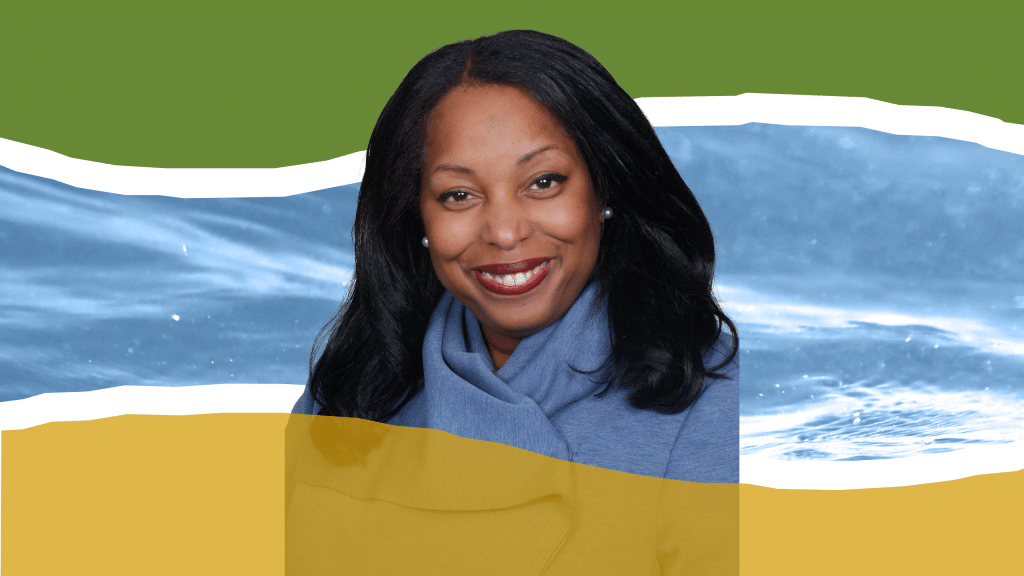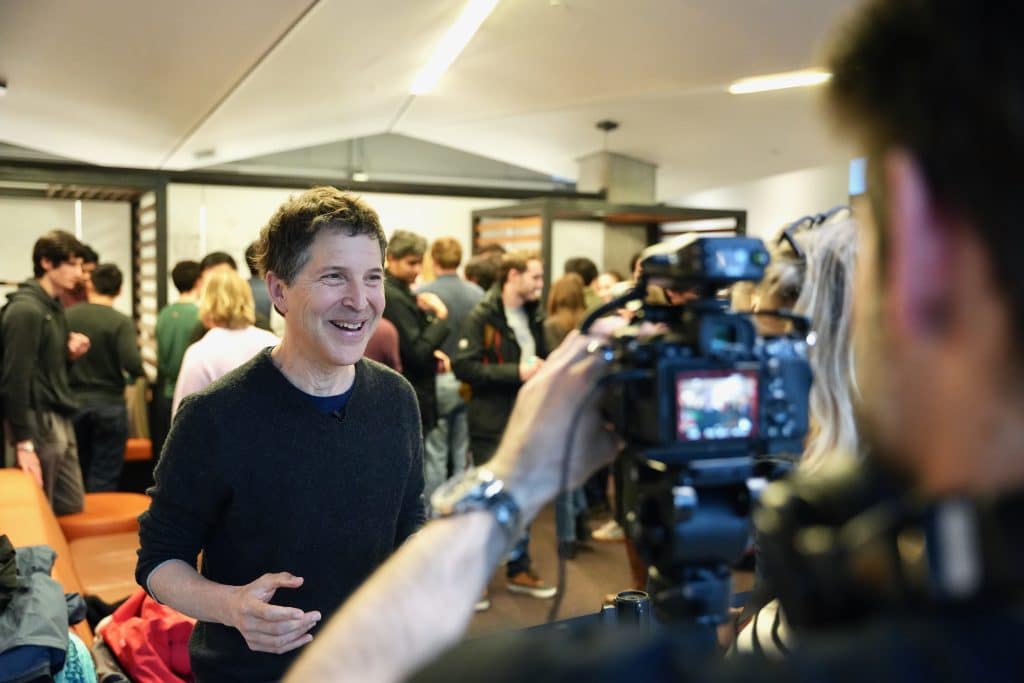Just over sixty years ago, David and Lucile Packard created a private foundation as a way to give back to their community and help build a society in which everyone could flourish. They believed strongly in public service, civic action, and the importance of science to power innovation and a better future. And they believed that philanthropy could play a distinctive role, serving as a powerful and necessary complement to government, civil society, and the private sector.
Their vision and values have guided us for sixty years. Knowing that the world would change, they had the foresight to leave us with foundational beliefs about how to tackle evolving challenges. Drawing from the ideas that powered Hewlett-Packard (in what became known as “the HP Way”) David and Lucile created an environment where inclusion was paramount—where diverse views were celebrated and great ideas could come from anywhere.
I took that approach to heart as we came together four years ago to chart a new mission and vision for the changing world, and to reaffirm the values of the Packard Foundation. Effectiveness. Equity. Integrity. Respect. A commitment to thinking big and a fundamental belief in individual leadership. These values are core to our identity—simple principles that drive the Foundation’s approach and reflect the spirit of the American dream.
Today we find ourselves in an era of seismic transformation. Public investment in civic institutions is being dramatically reduced, threatening the progress of critical research and innovation as well as the provision of core community services. International assistance budgets face drastic cuts, with life and death consequences for millions of people. Work to address complex, consequential issues like climate change is suspended, yet must continue if we are to avoid the most catastrophic impacts to people and nature.
In this period of uncertainty, I want to say clearly that the Packard Foundation will remain steadfast in our commitment to our values. We will continue to pursue the vision of a world where families and communities have the power to shape their lives, societies are more just and inclusive, and all of nature is sustained by a healthy ocean and climate. Just as we have for decades, we will make long-term commitments to help solve complex social issues from climate change to reproductive health to our support for healthier children and families.
Yet, we must also adapt to this new era. We must respond to this current moment with agility, including supporting our partners in this difficult time and working with them to find new ways forward. As governments around the world scale back commitments to research, civil society, and international assistance, we will do our best alongside other philanthropies to address some of the needs that emerge.
Importantly, we will work alongside partners and grantees to turn this moment into an opportunity to reimagine systems and institutions that were overdue for renewal. This time of crisis reminds us that our democracy has not yet achieved its full aspirations, but we believe it remains a dream worth fighting for. That is why several years ago we expanded our grantmaking to do just that.
In short, our pursuit is progress for all people, and we will continue to use our grantmaking and our platform to best pursue it.
Guiding us through this moment is a six-decade legacy of impact, an inheritance that demonstrates a consistent ability to drive bold change through scientific and social innovation, with a commitment to collaboration and partnership. Alongside our partners, we have helped transform children’s healthcare in this country, reducing the child uninsured rate by 60 percent since 1997; changed public consciousness about humanity’s role in fostering a healthy ocean through conservation and stewardship efforts; and supported reproductive health, including expanding access to high-quality, affordable care.
We also nurtured the emergence of pioneers and pioneering institutions. Our early backing of scientists like Jennifer Doudna and David Baker has helped them pursue Nobel Prize-winning scientific discoveries that are altering the frontiers of medicine. And our incubation of organizations like the Global Fund for Women and the ClimateWorks Foundation has supported them to become effective, independent drivers of change in their own right. This is the history upon which we are privileged to build.
I come to this work and this Foundation with a personal history of working for several decades around the world in countries struggling with crisis and conflict. That experience informs my conviction that crisis can open up opportunities, but seizing on them requires that we come together across divides. It requires that we uphold values we have long cherished as a country and stay true to them in our work. And it requires that we imagine and create the democracy and the institutions we need to ensure a more just and equitable world. This moment calls upon us all with increased urgency to help build that better future.







